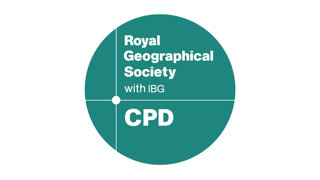This is the first of two sessions designed to introduce the Ethnic Group Deprivation Index (EGDI) for England and Wales. Deprivation measures are used widely to understand spatial inequalities, to design interventions, and to target support to those in need.
The EGDI offers a novel perspective by considering, for the first time, how deprivation differs by ethnic group and domain (type) of deprivation in neighbourhoods across England and Wales. The EGDI has been created using a custom cross-tabulated 2021 Census dataset on employment, housing, education and health by ethnic group. The index reveals the small area geographies of ethnic inequalities that have to date received scant attention but have profound impacts on life chances and well-being.
The EGDI demonstrates that while one ethnic group in a neighbourhood may have high relative levels of deprivation, another ethnic group in that same neighbourhood may experience very low relative levels. The EGDI can be used to help shape locally and culturally sensitive policy development and resource allocation.
In this first session, the EGDI is introduced and some case studies are used to demonstrate its application. In a second follow-on session, the focus will instead be on how those attending the session can access the EGDI and use it to analyse ethnic inequalities in their geographical areas of interest.
Speakers - Professor Chris Lloyd and Professor Gemma Catney (Queen's University Belfast)
The EGDI was developed as part of the Economic and Social Research Council funded project Geographies of Ethnic Diversity and Inequalities. For more information about the EGDI, read this open access article published in The Geographical Journal.




